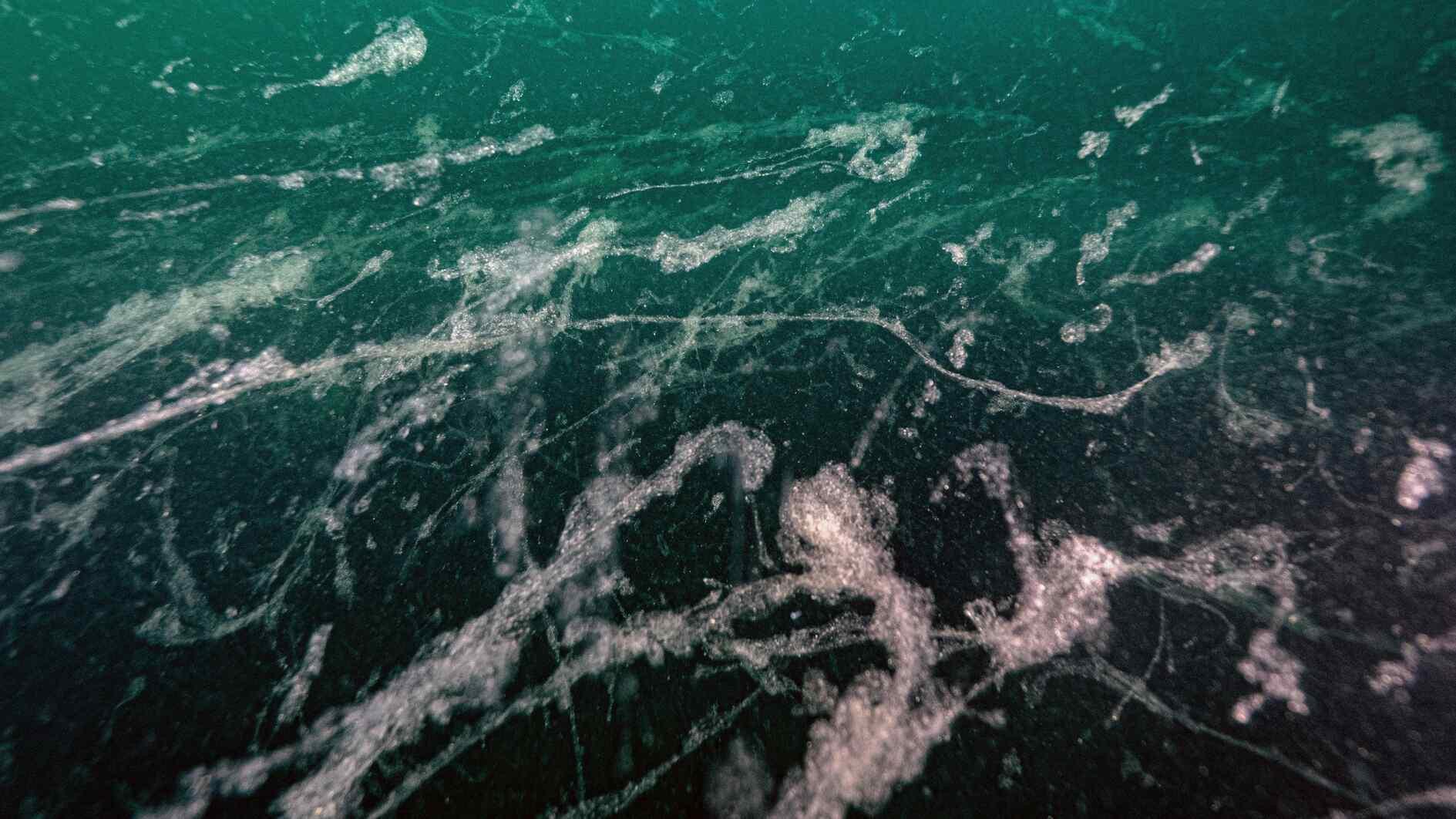
Marine mucilage, first detected in the Marmara Sea about three years ago and leading to extensive measures from authorities, has recently resurfaced, an expert has warned.
“I regret to inform you that, since the Marmara Sea Action Plan was not implemented successfully and failed to lower the Marmara Sea's pollution burden, marine mucilage is once again threatening the sea,” said Professor Mustafa Sarı, the dean of Bandırma Onyedi Eylül University’s Maritime Faculty, after conducting a dive in the southern Marmara province of Balıkesir’s Erdek Bay.
The 22-article Marmara Sea Action Plan was unveiled in June 2021 after the mucilage crisis first emerged and spread across nearly the entire sea. It included steps to be taken in the short, medium, and long terms.
A total of 14 articles addressed the pollution issue, Sarı noted, but these actions did not yield effective results and largely contributed to the resurgence of marine mucilage in the sea.
He, therefore, claimed that effectively combating the rising pollution and increasing sea temperatures, along with reducing the Marmara Sea's waste load, is the only way to prevent the new formation of mucilage from spreading.
Marine mucilage begins at a depth of 10 meters and extends up to 24 meters at present, according to Sarı.
“With its slimy, transparent and thickened nature, this secretion provides an ideal habitat for the growth of all aquatic microorganisms. As a result of the microorganisms involved, this formation stretches out for kilometers in the sea like spider webs,” he said, referring to the texture of the formation and its sphere of influence.
Sarı emphasized the need for taking action in this sense, calling on authorities to take steps swiftly to lessen the harm that mucilage will cause to the marine ecosystem and to prevent economic losses, particularly in the fishing and tourism industries.